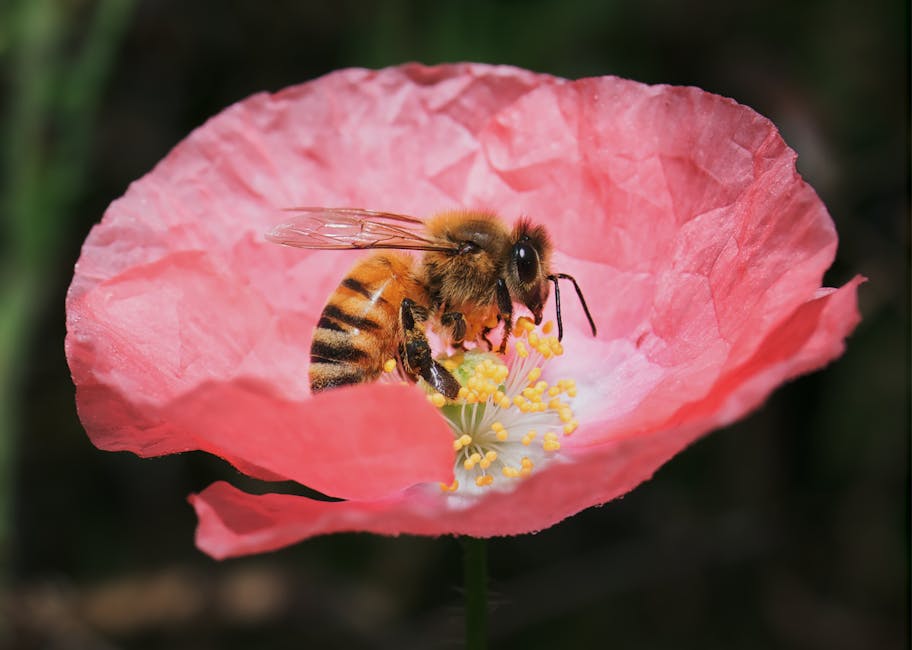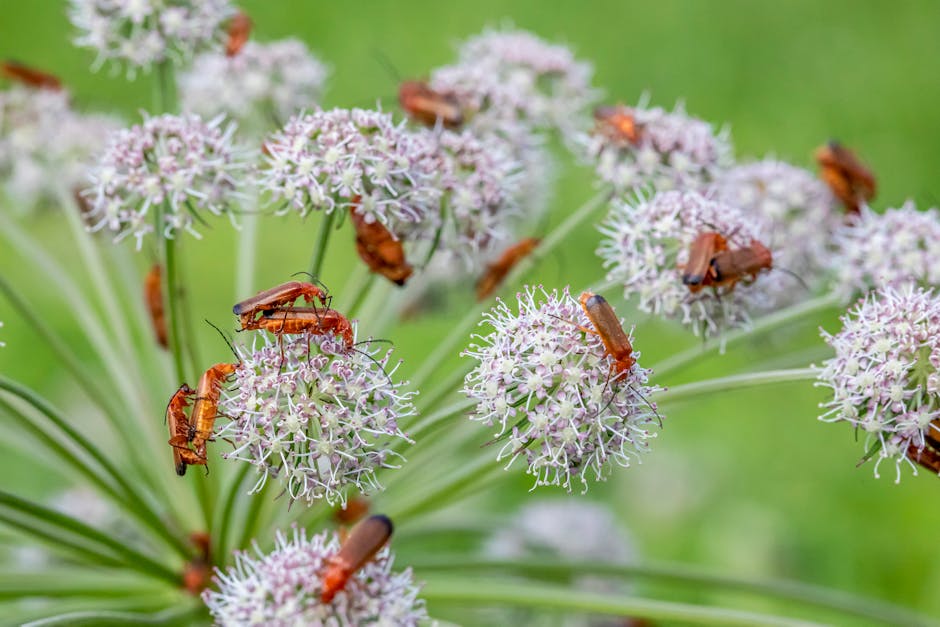In the laboratory, bumblebees submerged by water unexpectedly demonstrated an incredible ability to survive. At the University of Guelph in Canada, researcher Sabrina Rondeau was inspecting soil tubes housing hibernating queen bees and was surprised to find them flooded, with several queens submerged. Initially, Rondeau thought the bumblebees couldn’t survive. But once the water was drained, the insects astonishingly “woke up” as if nothing had happened, sparking Rondeau’s scientific curiosity.
In the latest study published in Biology Letters, Rondeau and her team discovered that hibernating bumblebees can survive for at least 7 days even when completely submerged. This finding challenged traditional views of bumblebee resilience, confirming their incredible tenacity. The study noted that male bees and workers die when winter arrives, but the queens can safely get through the cold season and awaken in spring to begin the construction of a new bee colony, making their survival crucial to the entire species.
To explore the queens’ flood resistance further, Rondeau placed 143 bumblebee queens into tubes filled with soil and induced hibernation for 7 days in a refrigerated environment. Afterwards, the tubes were filled with water; some queens were completely submerged, some floated on the surface, for periods ranging from 8 hours to 24 hours, and even up to 7 days. Meanwhile, 17 queens were set aside as a control group.
At the end of the experiment, they moved the queens to new “hibernation tubes” and continued refrigeration for 8 weeks. Results showed that the queens had a high survival rate (89.5±6.4%), with neither submersion scenarios nor varied duration causing significant differences in survival rates. Rondeau explained that this may be due to the reduced metabolic rate of bumblebees during hibernation, which lowers their oxygen needs. Therefore, they can endure being submerged for a while by relying on oxygen reserves within their bodies when faced with flooding.







